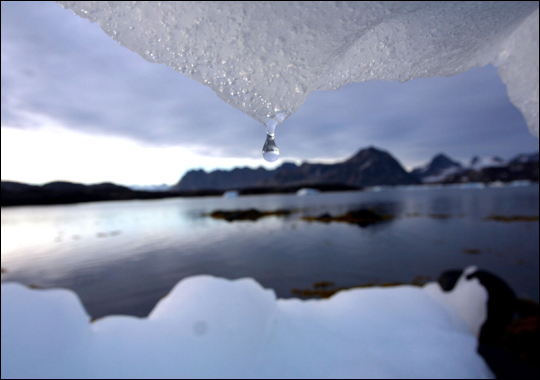Trump Tariffs on Russia’s Oil Buyers Bring Economic, Political Risks
From punishing Brazil to trying to curb imports of fentanyl, U.S. President Donald Trump has wielded the threat of tariffs as an all-purpose foreign policy weapon.

(Courtesy: Dicovery.com)
The Arctic Report Card is a yearly report released by NOAA’s Climate Program Office that tracks the Arctic atmosphere, sea ice, biology, ocean, land and Greenland. The report card provides clear, reliable and concise information on recent observations of environmental conditions in the Arctic, relative to historical time series records.
This year’s report card received less than stellar grades with 3 of the 6 area’s (atmosphere, sea ice, and Greenland) coded in red. This means changes are strongly attributed to warming. The remaining 3 areas (biology, ocean, and land), are all coded in yellow, meaning they have mixed signals. Last years report card showed only two red areas and four yellow areas.
Code Red determining factors:
Code Yellow determining factors:
Download the full 2008 Arctic Report Card (PDF)

Sign up for gCaptain’s newsletter and never miss an update

Subscribe to gCaptain Daily and stay informed with the latest global maritime and offshore news
Essential news coupled with the finest maritime content sourced from across the globe.
Sign Up